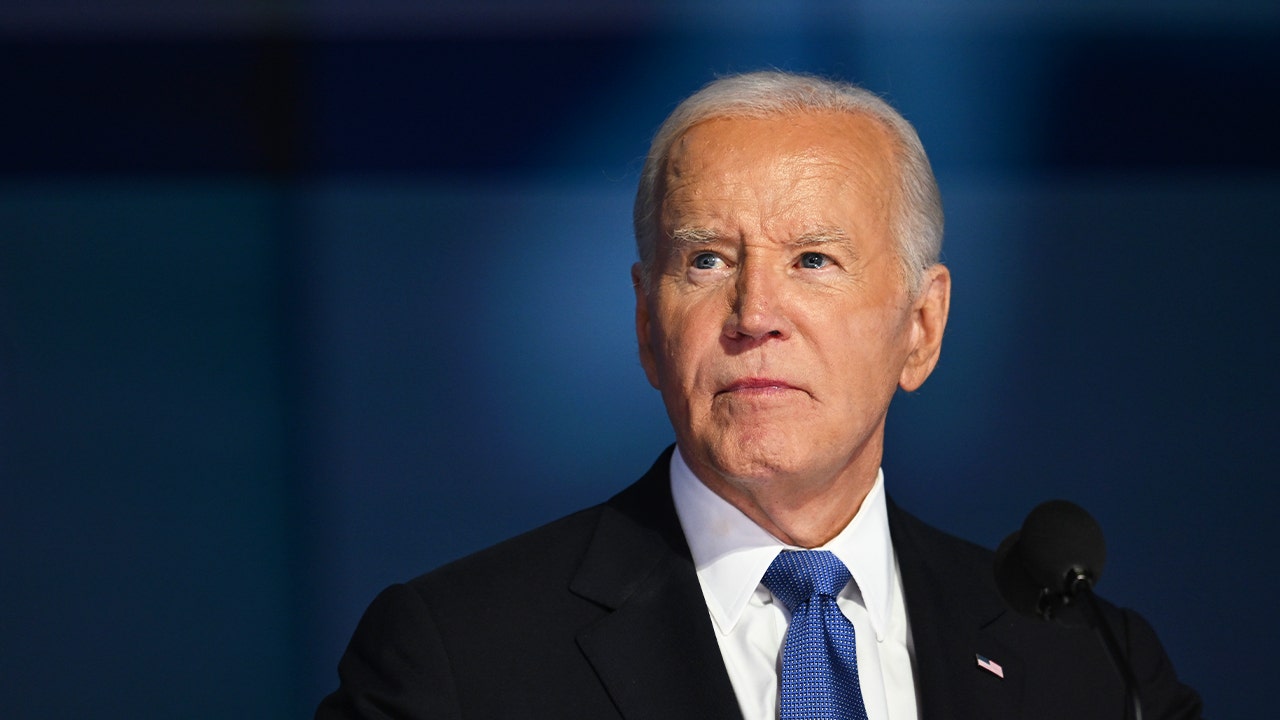Biden’s rationale behind commuted sentences of death-row inmates unclear: expert

President Biden’s recent decision to commute the sentences of 37 federal inmates on death row has sparked mixed reactions from the public. While some have praised the move, others have criticized it, questioning the rationale behind the decision.
The president’s announcement on Monday stated that 37 federal death-row inmates would have their sentences changed to life in prison without the possibility of parole. The White House explained that Biden believes “America must stop the use of the death penalty at the federal level, except in cases of terrorism and hate-motivated mass murder.”
However, the decision to commute the sentences of 37 out of the 40 federal death-row inmates has left some puzzled. John R. Lott Jr., president of the Crime Prevention Research Center, expressed confusion over the criteria used to select the inmates whose sentences were commuted. Lott noted that some of the individuals who had their sentences commuted were mass murderers, while others who had killed fewer people were not included in the decision.
The three federal inmates who did not meet Biden’s requirements for having their sentences commuted are Robert Bowers, Dylann Roof, and Dzhokhar Tsarnaev. These individuals were involved in high-profile cases such as the Tree of Life Synagogue shooting, the Emanuel AME Church shooting, and the Boston Marathon bombing, respectively.
Critics of the decision, including victims’ families, have expressed outrage over the lack of justice for their loved ones. They argue that many of the offenders who had their sentences commuted showed no remorse for their crimes and engaged in brutal acts of violence.
On the other hand, criminal justice reform advocates have praised Biden’s move, hailing it as a step towards abolishing the death penalty at the federal level. Matthew Mangino, Of Counsel at Luxenberg, Garbett, Kelly and George, believes that Biden’s decision strengthens the argument in favor of the death penalty by sparing the lives of some individuals while leaving others on death row.
Despite the mixed reactions, United Women in Faith called on Biden to commute the sentences of all 40 federal death-row inmates, citing concerns about racial disparities in the criminal justice system. After the president commuted 37 sentences, Emily Jones, executive for Racial Justice at United Women in Faith, lauded the decision as an “Advent blessing.”
In conclusion, President Biden’s decision to commute the sentences of 37 federal death-row inmates has sparked a debate on the use of the death penalty in the United States. While some view it as a step towards justice reform, others question the fairness and consistency of the decision-making process. The controversy surrounding this issue highlights the complexities of navigating the criminal justice system and addressing the concerns of victims’ families.




